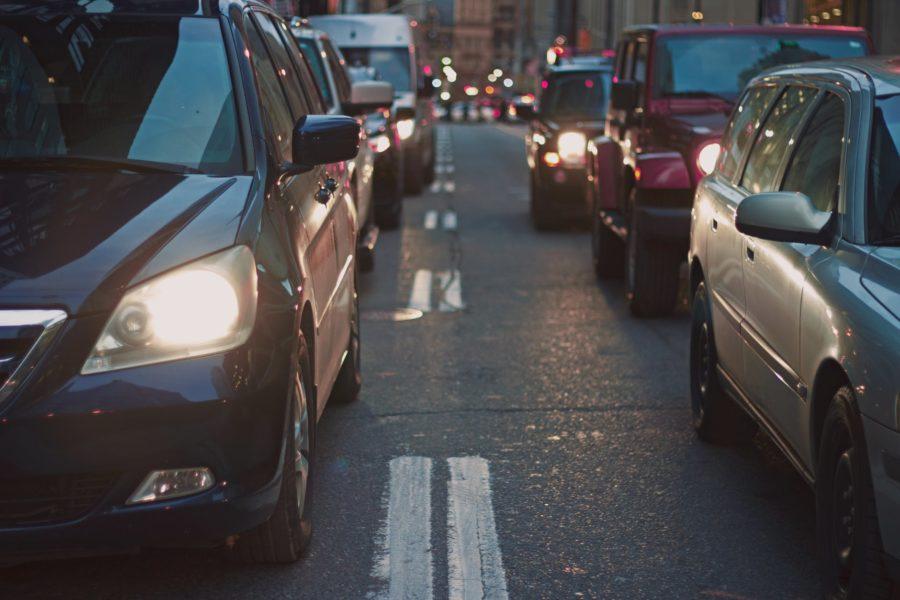BY ALEXI COHAN, BOSTON HERALD
Frustrated Boston-area commuters driven crazy by gridlock say drastic steps need to be taken to free up traffic — including widening roads, opening ride-hail lots just outside the city and awarding days off for not driving in.
Boston is the seventh-most congested city in the nation and the Pioneer Institute wants to give $10,000 to whoever can solve the city’s chronic congestion. The Pioneer Institute’s 2019 Better Government Competition is centered on ideas to get commuters where they need to be quickly.
Motorists like Meredith Durell of Medford are already on the fast track for workable ideas: “Your health insurance could give you points back if you run or bike to get to work … or more vacation days if you commute by anything but your personal vehicle.”
Amelia Eisenhauer, a Berklee College student, said the answer lies in construction schedules around the city.
“Something that could fix the traffic problem would be more planning as far as construction goes. The close-downs are not strategic,” said Eisenhauer, who added that widening the roads and adding more lanes could also help drivers.
Those who enter the Better Government Competition are encouraged to consider obstacles like finance and management, permitting, freight and planning. Technology could also come into play through autonomous vehicles, data solutions, scheduling and bus-route redesign. Proposals should not only address congestion but public safety and cost efficiency.
Four runners-up with be awarded $1,000 each for their ideas.
According to the competition description, “State, local and federal governments invest hundreds of billions of dollars each year in transportation infrastructure, yet we continue to waste hours in traffic, arrive late for work and medical appointments, and miss out on family time.”
Entrants can submit a paper of five or fewer pages detailing the problem and addressing the solution with the intent to change the current policy landscape in the field of transportation and mobility.
According to the INRIX Global Traffic Scorecard, Boston-area commuters spent 164 hours driving in congestion last year, which costs each person $2,291.
Katy O’Brien of Somerville said ride-hail options could save drivers a lot of headaches: “Park outside the city and ride-share in.”
Angela Szarck, who lives by Fenway, took a more drastic approach, suggesting, “wider roads and no sidewalks.” Cole Durvett of Mission Hill also took a big leap and said, “Remap the entire city … maybe improve the T and encourage people not to drive.”
Congestion in Boston has been chalked up to steady population growth, an abundance of ride-hailing services, public transit issues and densely packed cities and towns in Greater Boston.
Eric Loring of Dorchester said, “I would put more money into the T and improve the T … I lived in Quincy for two years then moved to Dorchester. You get into your car and within five minutes you’re upset.”
The deadline to enter the Better Government Competition is May 31.
The contest hits as Boston enters the brutal summer road construction season, with work on the Tobin Bridge already causing epic traffic jams.
That lost time, said the Pioneer Institute’s Mary Z. Connaughton, is also hurting at home.
“Traffic congestion is not only stifling productivity, it’s eating into our very valuable family time,” Connaughton told the Herald on Saturday. “Pioneer Institute believes good old-fashioned American ingenuity can solve this enormous said growing issue and seeks ideas from here and across the country.”
Joe Dwinell contributed to this report.
